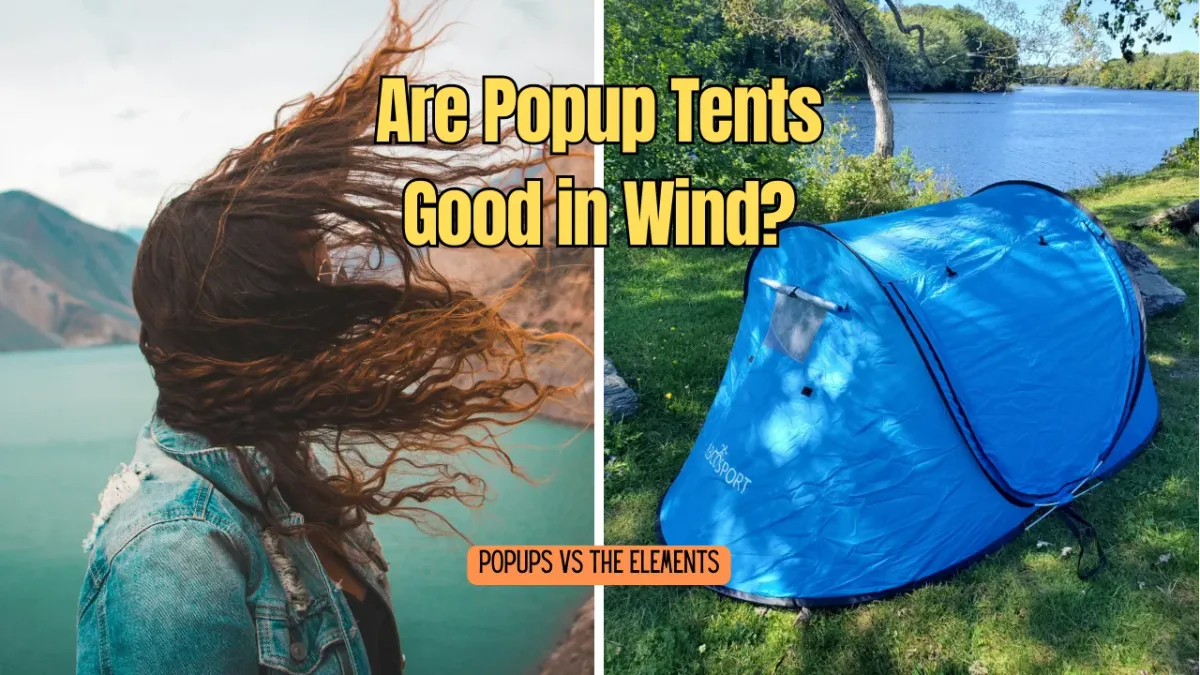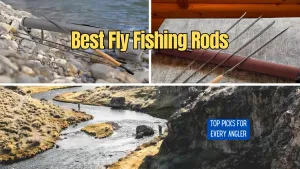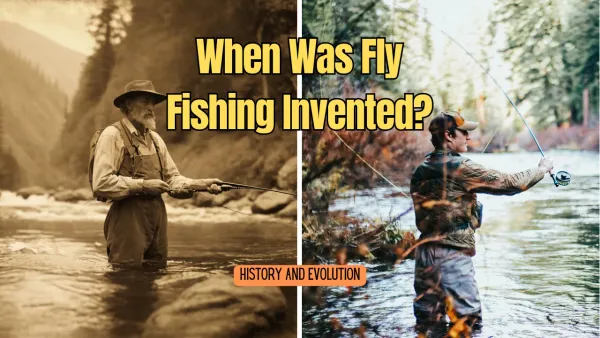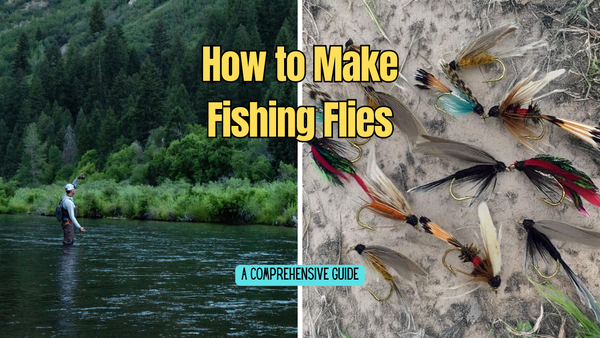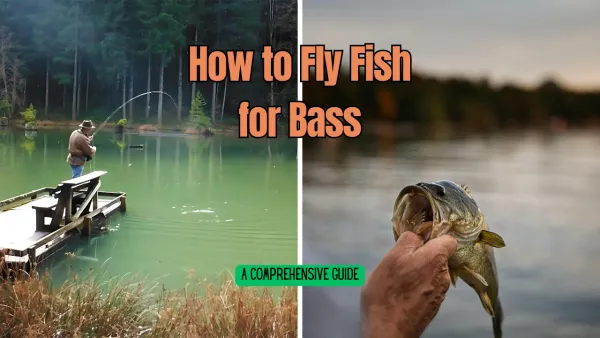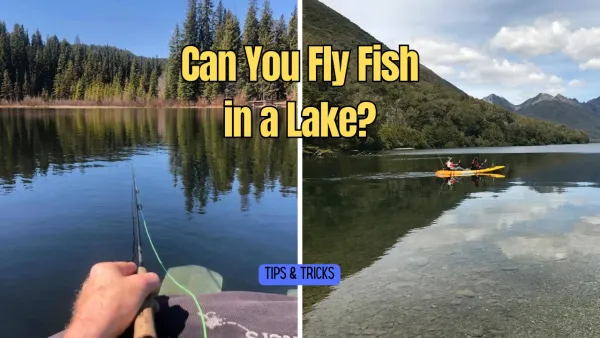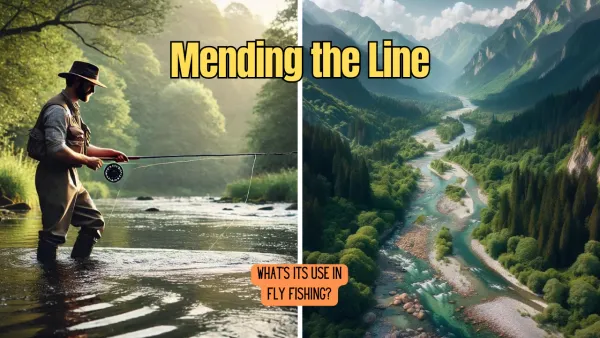Camping is an adventure that beckons the spirit of the outdoors, and the right camping gear can make or break this experience. Among the plethora of options available, pop-up tents have emerged as a popular choice for their convenience and ease of use. But the question remains: Are pop-up tents OK for camping? Let's delve into the details to find out.
Key Takeaways:
- Pop-up tents offer unparalleled convenience with their easy setup and lightweight design, making them a viable option for casual camping trips.
- While they provide quick shelter, they may not be suitable for extreme weather conditions due to their lightweight nature.
- Pop-up tents come in various sizes and features, catering to different camping needs and preferences.
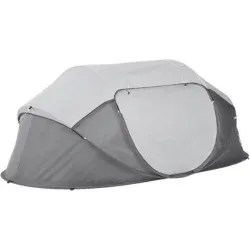
What is a Pop-Up Camping Tent?
A pop-up tent is an innovative camping gear designed to unfold and take shape almost instantly. Unlike regular tents, which may require detailed instructions and a significant amount of time to pitch, an instant tent takes seconds to set up. This feature is particularly appealing to campers who want to minimize the hassle and start enjoying their camping trip right away. The convenience of a pop-up tent is unmatched, as it allows more time to relax, explore, or bond with friends around the campfire.
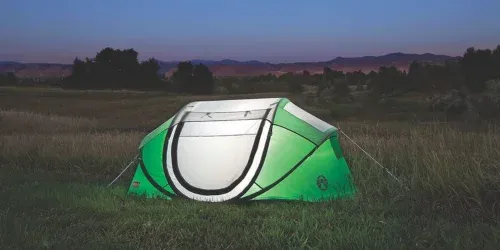
The Ease of Setup and Takedown
The hallmark of pop-up tents is their easy setup. With a simple toss in the air, these tents unfold and pop into shape, ready to be secured to the ground. This is a game-changer for those who dread the traditional process of threading poles and securing lines. Additionally, when it's time to leave the campsite, pop-up tents fold down with similar ease. Campers can save space and trouble by quickly stowing their shelter in a carry bag, making it a good tent option for those who prioritize convenience.
Suitability for Weather Conditions
When considering a pop-up tent for your camping trip, it's essential to assess the weather conditions you'll be facing. While a waterproof tent can protect you from rain, pop-up tents may not stand up to strong winds as well as dome or frame tents. If you're planning a summer getaway with mild weather, a pop-up tent with mesh windows can offer excellent ventilation and keep you cool. However, for more extreme conditions, you might want to opt for a tent with a sturdier build.
Space and Comfort
Pop-up tents come in various sizes, offering room for solo backpackers to groups of friends. A spacious pop-up tent can comfortably fit sleeping bags and provide enough headroom to move around. Some models even feature a vestibule for extra gear storage. The mesh window designs allow for a breeze and protect against insects, ensuring a good night's sleep. However, if you're looking for a tent to accommodate a large party or family, you might find a traditional camping tent with more room and privacy options to be a better fit.
Durability and Longevity
The materials used in pop-up tents are typically lightweight to allow for the instant setup feature. This means that they may not have the same durability as heavier, more traditional tents. For occasional campers or those who frequent well-protected campsites, this may not be an issue. But for avid campers who face rugged conditions, investing in a tent with a stronger fabric and more robust poles could be a wiser choice in the long run.
Portability and Storage
One of the biggest advantages of a pop-up tent is its portability. They are generally lightweight and come with a carry bag that makes them easy to transport, even when you have a lot of other camping gear to haul. This makes them an excellent choice for festivals, beach trips, or any camping situation where you need to move your gear frequently. However, it's worth mentioning that some campers find them a bit tricky to fold back into their original compact shape, so practicing at home before your trip is advisable.
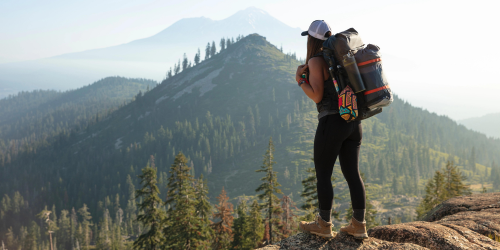
Price and Value
Pop-up tents are often more affordable than their traditional counterparts, making them an attractive option for those on a budget. The price point, combined with the convenience and time saved during setup, can offer great value for casual campers. However, for those who camp frequently or in diverse conditions, investing in a higher-quality tent that can withstand wear and tear may be more cost-effective in the long run.
Accessories and Additional Features
Many pop-up tents come with additional features that enhance the camping experience. From built-in pockets for storing small items to an attached tarp for extra ground protection, these details can make a significant difference. Some tents also come with a double-layer door for added insulation and privacy. When choosing a pop-up tent, consider what accessories and features will enhance your comfort and convenience on your camping trip.
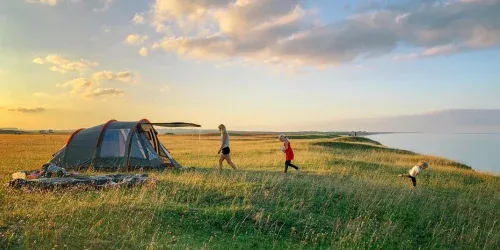
Summary
Pop-up tents are a convenient and user-friendly option for campers who value ease and speed in their camping setup. They are suitable for light camping and fair-weather conditions, offering a quick solution for shelter. While they may not be the best choice for extreme weather or rough terrain, their affordability and portability make them an attractive option for many. Ultimately, the decision to use a pop-up tent should be based on individual camping needs, preferences, and the nature of the camping trip.
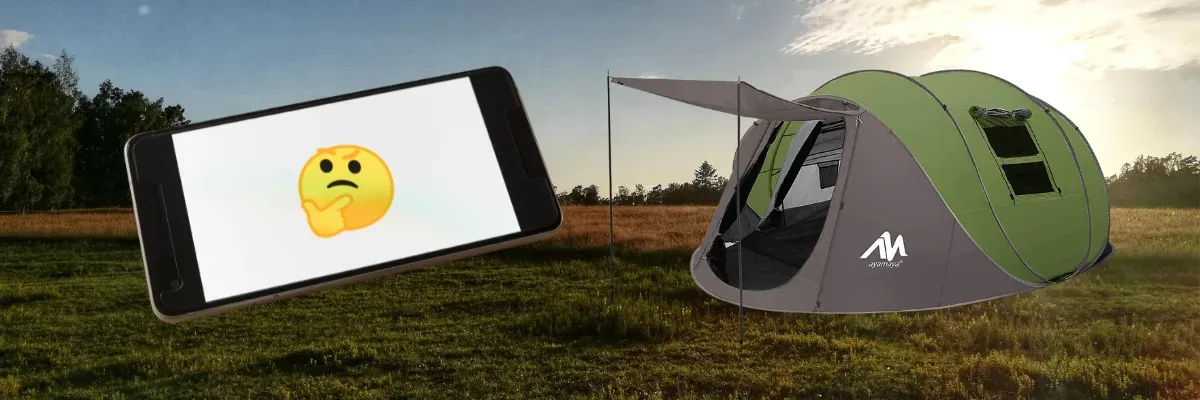
FAQs
Can popup tents withstand heavy rain and wind?
Popup tents are generally waterproof and can handle light to moderate rain. However, due to their lightweight design, they may not perform as well in heavy rain or strong winds compared to more robust tents.
Are popup tents suitable for backpacking?
Yes, popup tents can be suitable for backpacking due to their lightweight and compact nature. However, backpackers should consider the tent's weight and packed size in relation to their overall gear.
How many people can sleep comfortably in a popup tent?
The size of the popup tent will determine how many people can sleep comfortably. They range from single-person tents to larger models that can accommodate several people. Always check the tent's specifications for capacity details before purchasing.
How do they fare when the weather's not fair?
